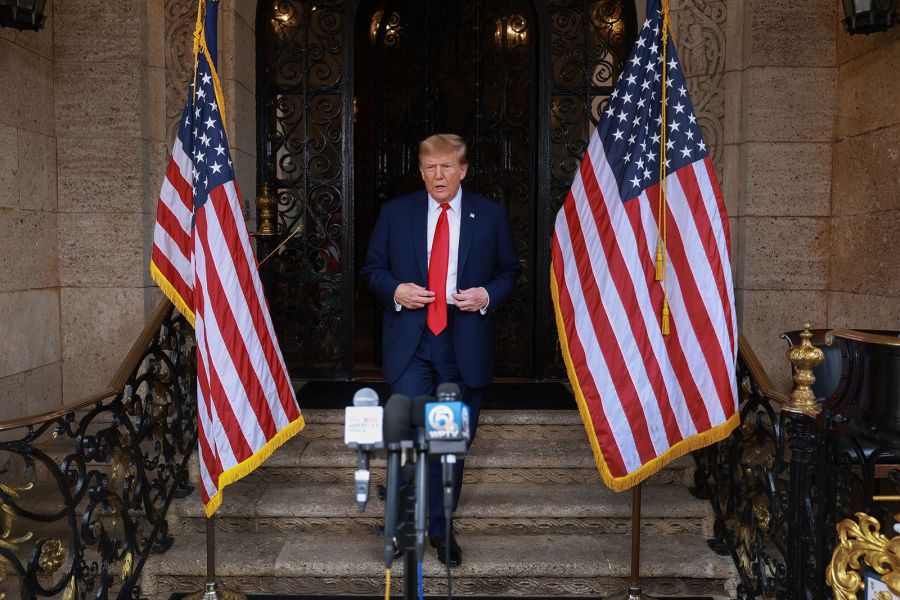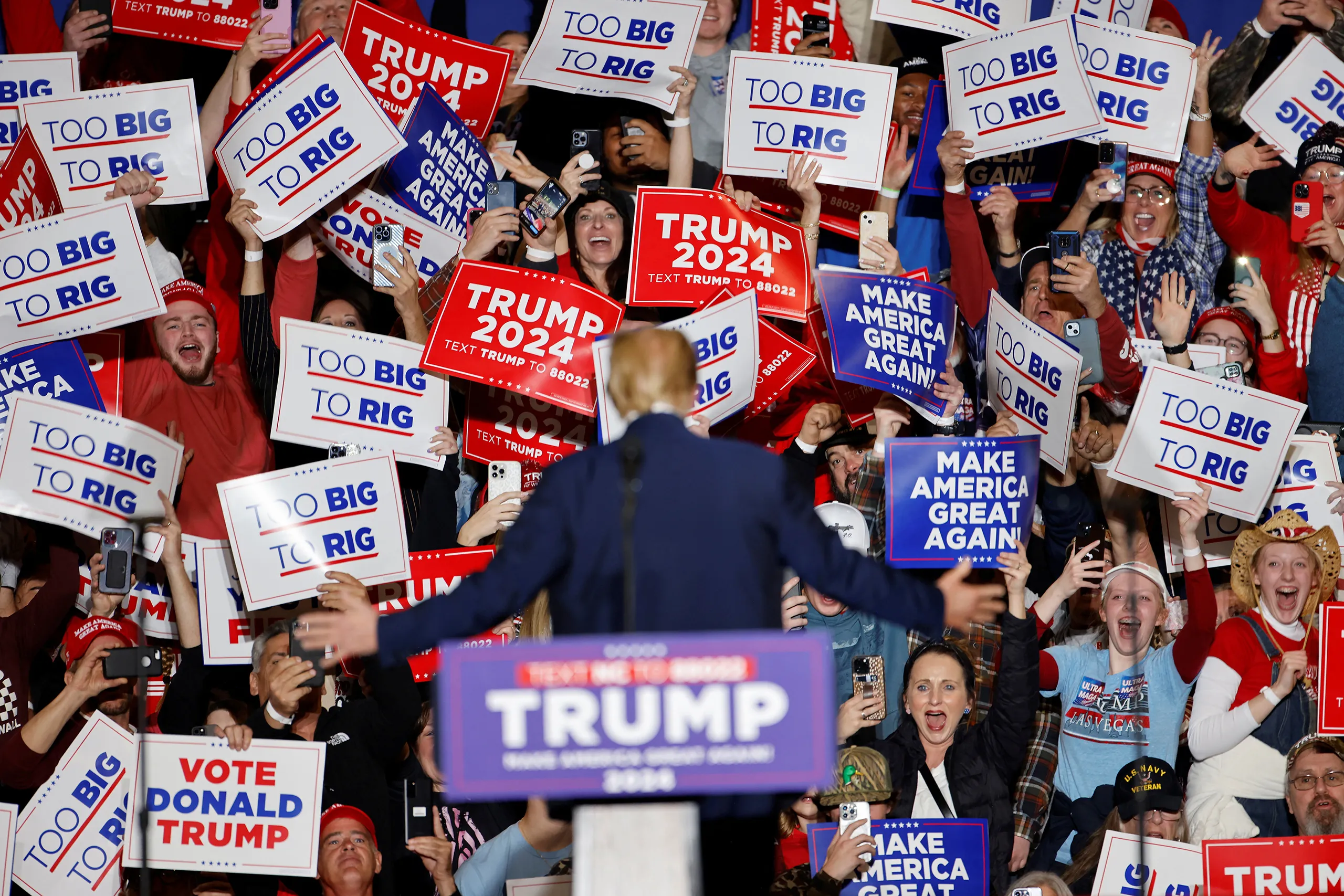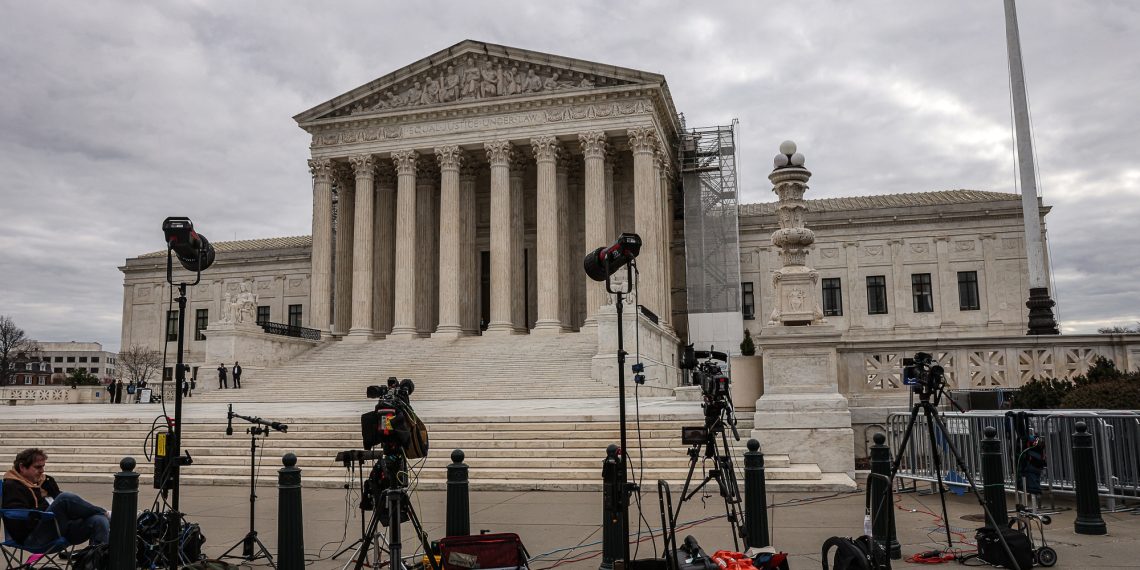In a landmark decision, the U.S. Supreme Court unanimously ruled to overturn Colorado’s exclusion of Donald Trump from its Republican primary ballot, marking a significant victory for the former president.
The ruling, which centered on the 14th Amendment’s insurrection provision, prohibits states from disqualifying candidates for federal office based on constitutional grounds.
The court’s decision, issued on the eve of Super Tuesday, reshapes the dynamics of the upcoming presidential race, with Trump emerging as the frontrunner for the Republican nomination.

While the ruling does not directly address Trump’s alleged involvement in the January 6, 2021, Capitol attack, it underscores the broader legal debate surrounding his eligibility and accountability.
Despite unanimous agreement on the outcome, the court’s opinion drew dissent from liberal justices Sonia Sotomayor, Elena Kagan, and Ketanji Brown Jackson, who criticized the majority’s decision to impose limitations on the enforcement of the insurrection provision.
However, conservative Justice Amy Coney Barrett emphasized the importance of unity and consensus in resolving politically charged issues.

While the ruling allows Trump to remain on the ballot in multiple states, it does not fully address the underlying concerns raised by the Colorado Supreme Court regarding his alleged role in inciting insurrection.
As legal battles continue to unfold across the country, the Supreme Court’s decision holds significant implications for the integrity of the electoral process and the accountability of political leaders.





